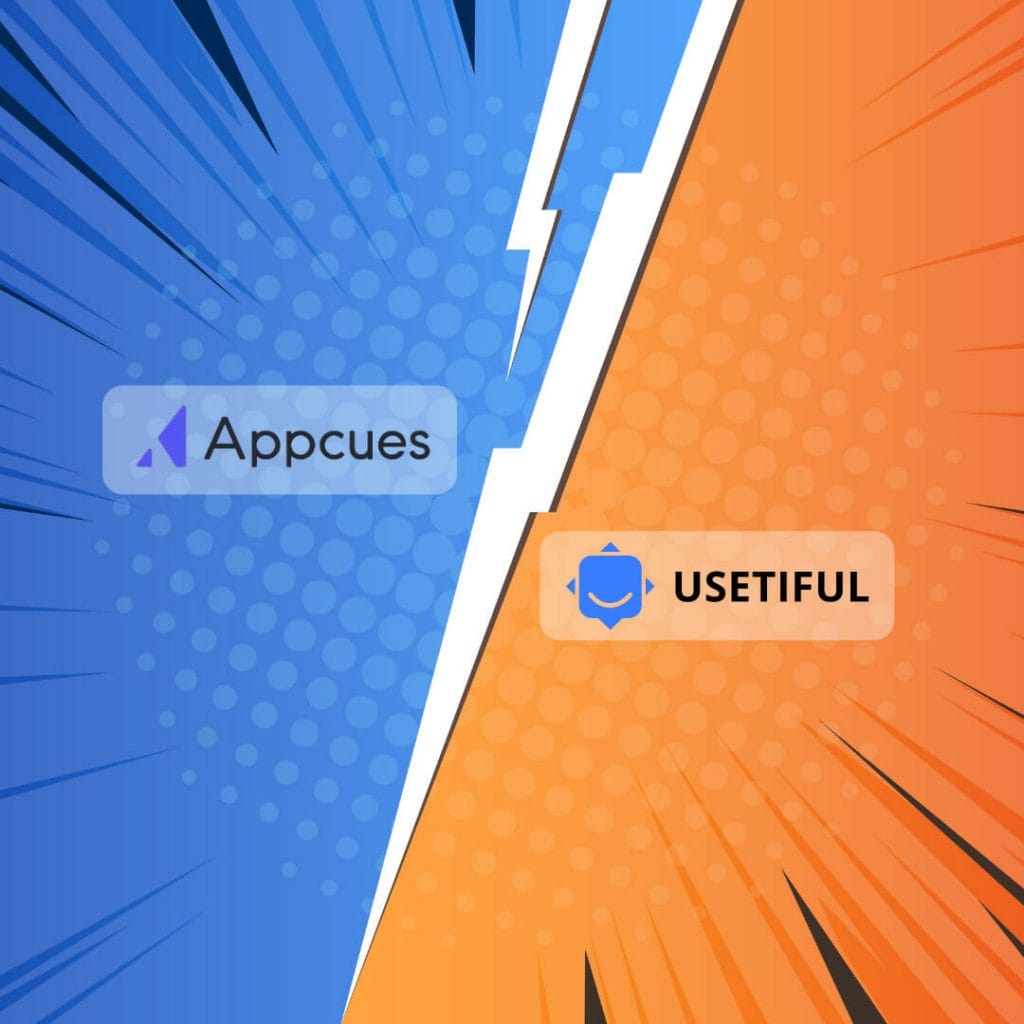In the world of digital marketing, selecting the right marketing automation platform for your business is crucial. As customer expectations continue to grow, businesses must adapt and choose tools that not only improve their reach but also deliver outstanding customer experiences. Salesforce, a leading provider of CRM solutions, offers two powerful marketing platforms: Pardot and Marketing Cloud.
Pardot is primarily focused on B2B marketing automation, streamlining lead generation, nurture campaigns, and improving alignment with sales teams. On the other hand, Marketing Cloud serves a broader audience with its B2C marketing suite, providing comprehensive digital marketing capabilities for email, social media, mobile, and advertising management. Both platforms have distinct strengths tailored to address unique business needs.
This article will dive deeper into the differences between Pardot and Marketing Cloud, enabling you to make a well-informed decision. By learning more about each platform’s features, pricing, and use cases, you can identify the best tool for your business and maximize your marketing efforts.
About Pardot
Pardot is a powerful B2B marketing automation platform that’s part of the Salesforce ecosystem. Designed to streamline sales and marketing efforts, Pardot offers a comprehensive suite of tools and services centered around lead nurturing, lead scoring, and lead management. Integrating seamlessly with Salesforce, it enables businesses to automate their sales and marketing processes, helping them achieve greater efficiency and improve conversion rates.
One of the key strengths of Pardot lies in its CRM integration, which syncs effortlessly with Salesforce. This integration ensures that sales and marketing teams have access to the same data, enabling real-time collaboration and alignment throughout the entire sales cycle. In addition, Pardot’s Salesforce Engage feature allows sales reps to deploy custom marketing campaigns directly from Salesforce, further driving sales alignment and simplifying the process of managing leads.
With its robust marketing automation capabilities, Pardot provides businesses with a variety of tools and features such as personalized email marketing, landing pages, social media scheduling, and analytics. By automating these tasks, companies can save valuable time and resources, allowing them to focus on more strategic initiatives.
The B2B Marketing Analytics Plus feature on Pardot offers advanced reporting and analytics capabilities to help businesses gain insights into their marketing performance. With this tool, marketers can track account engagement and visualize their data to uncover growth opportunities and optimize ROI.
Pardot is particularly well-suited for businesses with long sales cycles, as it offers a range of tools to nurture leads and move them through the funnel at a pace that’s tailored to their specific needs. Its lead scoring system is highly customizable, allowing businesses to define criteria that match their unique sales processes and prioritize high-value leads.
When comparing Pardot to Marketing Cloud, it’s important to note that Pardot focuses primarily on B2B marketing, while Marketing Cloud is designed for larger-scale B2C marketing. This makes Pardot an excellent choice for businesses looking to improve their B2B marketing efforts and more effectively manage leads, all while enjoying the benefits of seamless Salesforce integration.
About Marketing Cloud
Salesforce Marketing Cloud is a comprehensive marketing automation platform designed to support B2C marketing efforts. It offers a wide range of features and tools, including email, mobile, social media, advertising, and AI-powered capabilities. With integrations available for various Salesforce products and other platforms, it provides an all-in-one solution for marketers looking to drive conversions, revenue, and ROI.
Marketing Cloud’s suite of features includes Email Studio for creating personalized, targeted email campaigns, Mobile Studio for reaching customers through SMS and mobile messaging, and Social Studio for managing and tracking social media marketing efforts on Facebook, Twitter, and other platforms. In addition, the Advertising Studio helps marketers create and manage advertising campaigns on various channels, ensuring maximum impact and return on investment.
Journey Builder, one of the standout features of Marketing Cloud, enables businesses to design and automate customer journeys across multiple touchpoints. It makes it easy to map out interactions, segment audiences, and tailor marketing messages to achieve desired outcomes. Interaction Studio further complements this by providing real-time personalization and recommendations based on customer behavior.
Apart from the powerful suite of tools, Marketing Cloud excels in data management. By supporting the segmentation of audiences and integration with other Salesforce.com products, marketers can leverage rich data from the Salesforce platform to make data-driven decisions. With seamless access to Force.com, it’s possible to customize Marketing Cloud’s integrations and capabilities to suit specific business needs.
In terms of pricing, Salesforce Marketing Cloud offers various plans tailored to different customer requirements. These plans cover all the essential aspects of digital marketing automation, including email, mobile, social media, and considerably more. As with other Salesforce products, detailed reporting and analytics capabilities are included, enabling marketers to track their campaigns’ performance and optimize them for maximum conversions and ROI.
To sum it up, Salesforce Marketing Cloud is a robust, feature-rich marketing automation platform tailored for B2C businesses. With seamless integrations, powerful tools, and data-driven insights, it empowers marketers to execute and optimize their multi-channel campaigns effectively.
Round 1: Best UX

When comparing Pardot and Marketing Cloud, both are powerful Salesforce applications that provide unique features and tools focusing on different areas of customer relationship management (CRM) and marketing automation. In terms of user experience (UX), there are a few distinctions to consider.
Pardot primarily focuses on B2B marketing automation, integrating seamlessly with Salesforce CRM and Sales Cloud. This integration allows for easy lead generation and nurturing by connecting your marketing, sales, and CRM data in one place. Pardot offers a clean interface, with a range of automated actions and tools to streamline your B2B marketing efforts.
Some key Pardot features include:
- Email marketing and template builder
- Lead nurturing and scoring
- Customizable landing pages
- Social media posting and monitoring
- Salesforce Engage add-on for sales team collaboration
- B2B Marketing Analytics Plus for data-driven insights
On the other hand, Salesforce Marketing Cloud is tailored for larger-scale B2C marketing, offering a versatile all-in-one platform across multiple customer touchpoints. Marketing Cloud incorporates both Email Studio and Mobile Studio, covering your email and mobile marketing needs. The platform contains advanced tools for digital marketing, including content management, analytics, and tracking capabilities.
Notable Marketing Cloud features consist of:
- Email Studio for creating, sending, and tracking email campaigns
- Mobile Studio for SMS and push notifications
- Landing page builder with personalized content
- Real-time personalization and audience segmentation
- Journey Builder for complex, multi-channel customer engagement
- Social Studio for social listening and publishing
Both Pardot and Marketing Cloud offer a range of features catering to their respective B2B and B2C marketing niches. While Pardot excels in Salesforce integration and streamlined lead management for B2B marketing, Marketing Cloud presents a robust and flexible platform for managing complex B2C marketing campaigns with multiple touchpoints. In terms of UX, both platforms offer a comprehensive and user-friendly experience, making it crucial for businesses to consider their marketing goals and requirements before deciding on the most suitable option.
Round 2: Features Comparison

In this section, we will compare the features offered by Pardot and Marketing Cloud side by side. Let’s dive in and see how they stack up against each other.
Pardot is mainly focused on B2B marketing and is designed to integrate seamlessly with Salesforce CRM and Sales Cloud. It offers a variety of features tailored for B2B marketing purposes, including email marketing, lead scoring, and nurturing. With Pardot, you can create automated campaigns and easily track the success of your marketing efforts. One of the notable features of Pardot is its B2B Marketing Analytics, which allows you to analyze your marketing efforts and make data-driven decisions.
Pardot’s marketing automation capabilities enable you to segment your audience, personalize content, and trigger timely actions based on customer behavior. It also offers a range of integrations with other business tools and services, enhancing the platform’s capabilities.
Marketing Cloud, on the other hand, is geared towards larger-scale B2C marketing. It’s built to be an all-in-one platform across the customer experience, offering wider features such as email, mobile, and social media marketing. Marketing Cloud provides an extensive suite of tools to manage and analyze your campaigns, including Journey Builder, which allows you to create personalized customer journeys with drag-and-drop functionality.
One significant advantage of Marketing Cloud is its AI-powered features, thanks to Salesforce’s Einstein technology. This AI integration let the marketers predict customer behavior, optimize messaging, and deliver more personalized experiences to their audience.
Marketing Cloud also includes Advertising Studio and Social Studio, which enable you to manage your advertising and social media efforts with ease. Social Studio allows you to monitor, analyze, and engage with customers across various channels, while Advertising Studio helps you to manage and optimize your advertising campaigns.
In terms of integrations, Marketing Cloud has a more robust offering, with a wide range of software and services that can be connected to the platform. This enables you to streamline your marketing efforts and make the most of your existing tools.
In summary, both Pardot and Marketing Cloud offer an impressive array of features suitable for different marketing needs. Pardot is more tailored for B2B marketing, offering great email marketing and automation tools, while Marketing Cloud excels in larger-scale B2C marketing with its comprehensive suite of channels and AI-powered features.
Round 3: Price

When comparing the pricing of Salesforce Pardot and Marketing Cloud, it is essential to understand that both platforms cater to different marketing audiences, resulting in variations in their pricing structure. Pardot is primarily aimed at B2B marketing while Marketing Cloud targets larger-scale B2C marketing.
Pardot Pricing: Pardot offers three pricing plans depending on the features and scale of marketing automation needs. These plans include:
- Growth: This plan offers essential marketing automation features like CRM integration, lead management, and email marketing. It is suitable for small to medium-sized businesses and starts at $1,250/month.
- Plus: This plan aims at businesses looking for more advanced features such as progressive profiling, dynamic content, and A/B testing. It starts at $2,500/month.
- Advanced: For large businesses requiring a more comprehensive approach, this plan offers features like artificial intelligence and custom user roles. It has a starting price of $4,000/month.
Marketing Cloud Pricing: Salesforce Marketing Cloud has a modular pricing system, allowing users to customize the package by choosing specific tools or features based on their requirements. Some essential modules include:
- Email Studio: This module covers email marketing features and starts at $400/month.
- Mobile Studio: Focused on mobile messaging, this module’s pricing starts at $300/month.
- Social Studio: A tool for managing social media marketing, starting at $1,000/month.
- Interaction Studio: This engagement solution module starts pricing around $15,000/month.
For both platforms, reporting capabilities are available as part of their respective offerings, ensuring marketers have access to the required data for informed decision-making.
In summary, price comparisons between Pardot and Marketing Cloud depend on the scale and specific marketing needs of a business. Pardot offers a more streamlined pricing structure, while Marketing Cloud provides a higher degree of flexibility and customization through its modular approach.
Battle Decision: Pardot Winner

Pardot emerges as the winner in this SaaS battle between two Salesforce marketing automation tools, primarily due to its focus on B2B marketing and seamless integration with Salesforce CRM and Sales Cloud. As a B2B marketing platform, Pardot provides a more streamlined experience in managing leads, scoring prospects, and nurturing customer relations in the world of B2B engagement. On the other hand, Marketing Cloud is better suited for larger-scale B2C marketing and customer experience management.
Key Advantages of Pardot:
-
Simplified B2B marketing: Pardot specializes in B2B marketing, which means it offers tailored features to simplify lead management, prospect scoring, and generating targeted campaigns for businesses. With tools like automated email campaigns, lead nurturing, and landing page creation, Pardot makes it easier for businesses to capture and engage potential customers.
-
Salesforce CRM integration: Pardot’s integration with Salesforce CRM provides a seamless experience for businesses in managing customer data, tracking interactions, and automating processes from a single platform. This integration allows sales and marketing teams to collaborate efficiently, enabling better targeting and follow-ups with prospects.
-
Customizable reporting and analytics: Pardot caters to B2B marketing analytics needs, offering customizable dashboards and reports that can be generated by combining various data points and measuring campaign performance. This enables businesses to track their marketing efforts and make data-driven decisions to optimize their strategies.
For these reasons, Pardot stands out as the winner for businesses looking for a marketing automation tool that is specifically designed for B2B marketing needs and provides seamless integration with Salesforce CRM. While Marketing Cloud has its own advantages in terms of scalability and B2C marketing features, Pardot offers the right tools and features that cater to the unique requirements of B2B marketing strategies.



